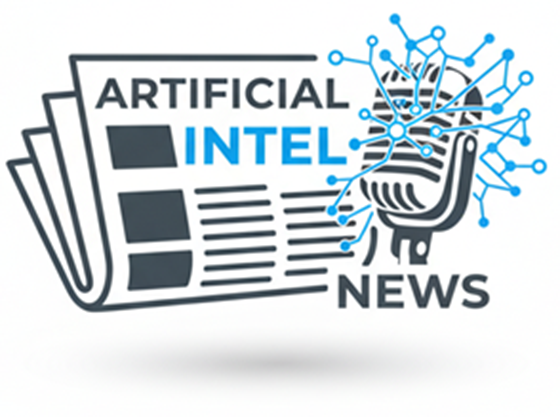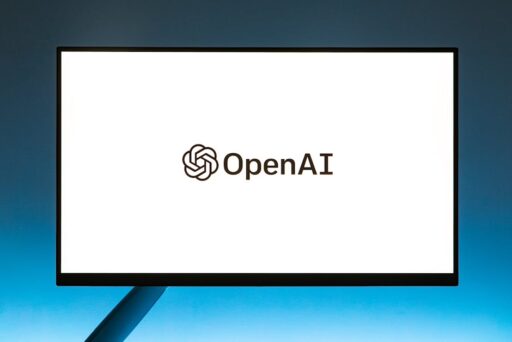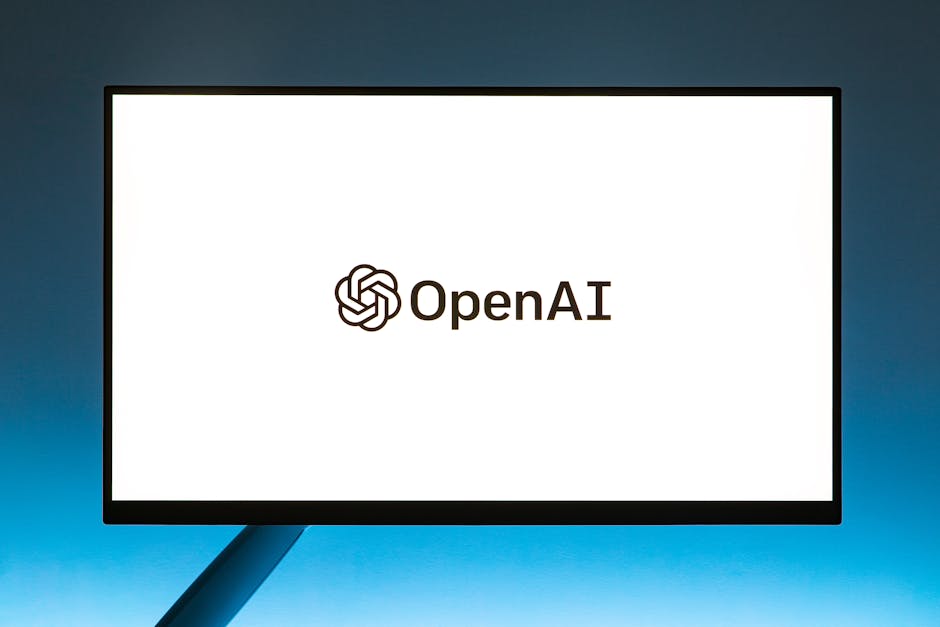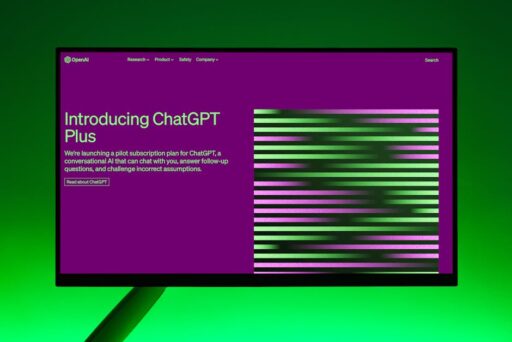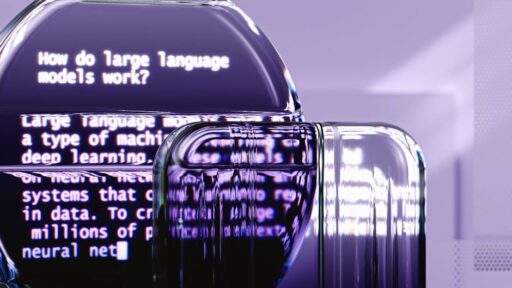OpenAI and Microsoft’s Strategic Partnership: A New Era of AI Innovation
In a significant development within the tech industry, OpenAI has announced a revised partnership with Microsoft, its largest investor, aimed at transitioning its for-profit arm into a public benefit corporation (PBC). This move, contingent on regulatory approval, could enable OpenAI to secure further investment, paving the way for it to eventually become a public company.
The transition details, shared by OpenAI’s Board Chairman, indicate that the nonprofit will maintain control over the startup’s operations while obtaining a substantial stake in the PBC. Although the terms of the agreement remain undisclosed, the partnership between OpenAI and Microsoft signifies a potential shift in the dynamics of AI advancements.
Microsoft and OpenAI’s non-binding memorandum of understanding (MOU) sets the stage for future collaboration and underscores mutual expectations. While MOUs are not legally binding, they serve as a framework for formalizing agreements, and the parties are actively working towards a definitive contractual arrangement.
This development marks the culmination of extensive negotiations, reflecting OpenAI’s desire to redefine its relationship with Microsoft. Initially, Microsoft was granted preferred access to OpenAI’s technology and became its primary cloud service provider. However, with OpenAI’s rapid growth, the company has sought to diversify its partnerships and reduce reliance on a single provider.
The strategic move to convert into a PBC aligns with OpenAI’s mission to develop artificial general intelligence (AGI) that benefits humanity. However, this transition has sparked debate among various stakeholders, including nonprofit organizations concerned about the impact on OpenAI’s mission.
As the partnership evolves, OpenAI and Microsoft continue to engage with regulators, ensuring compliance with the legal requirements in California and Delaware. The outcome of these regulatory processes will be crucial in determining the future trajectory of this partnership.
In conclusion, OpenAI’s transformation into a public benefit corporation and its strengthened alliance with Microsoft could redefine the landscape of AI innovation. By balancing commercial interests with the broader goal of societal benefit, this partnership sets a precedent for how tech companies can navigate the complexities of governance and growth.
